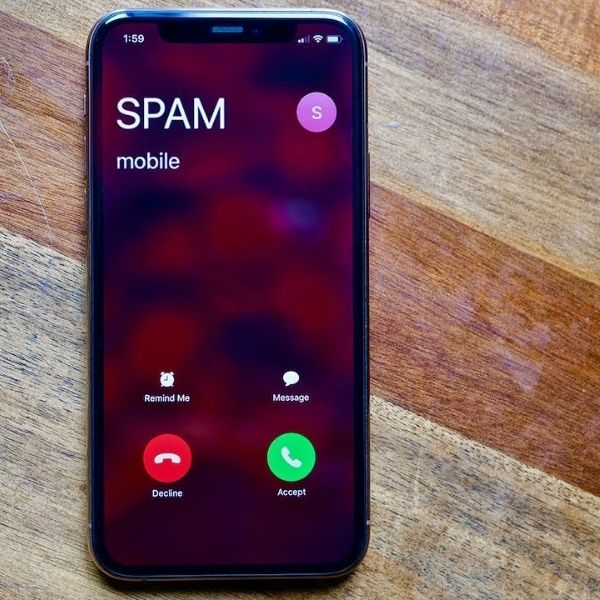Michigan – During a traffic stop on a Michigan road, the answer is clear: police cannot search your cell phone without a warrant or your explicit permission. This fundamental protection is rooted in the Fourth Amendment of the U.S. Constitution, a right reinforced by a landmark U.S. Supreme Court decision.
The 2014 Supreme Court case, Riley v. California, stands as the definitive ruling on this issue. The court unanimously decided that the digital contents of a cell phone are intensely private and that searching one requires a warrant. Police need to demonstrate probable cause to a judge to obtain legal permission to look through your device.
“A phone isn’t just a phone; it’s a digital extension of your home, containing everything from private conversations to financial records and personal photos. The Supreme Court recognized this reality,” stated Sarah Jennings, a Detroit-based criminal defense attorney. “Treating a modern smartphone like a wallet or a pack of cigarettes for search purposes simply doesn’t align with the immense scope of personal data it holds.”
The Fourth Amendment and Your Privacy Rights
The Fourth Amendment to the U.S. Constitution protects individuals from unreasonable searches and seizures. This protection means police cannot search your phone, vehicle, or personal belongings without a valid reason or a warrant. Still, certain exceptions apply.
Typically, police must have either your consent or a warrant to search your phone. But what if you’re stopped for a traffic violation?
The Exceptions: When Can Police Search Your Phone in Michigan?
While the warrant requirement is the default, there are specific, limited circumstances where law enforcement can legally access your phone’s data during a traffic stop.
You Give Consent: The most common exception is consent. If an officer asks to look through your phone and you say yes, you have waived your Fourth Amendment protection for that search. Officers are not required to inform you that you have the right to say no.
A Valid Warrant Exists: If officers have already secured a warrant specifically for your phone, they can search it. This would be unusual during a routine traffic stop but is legally sound.
Exigent Circumstances: This is a rare, emergency-based exception. Police can conduct a search without a warrant if they have a compelling reason to believe that immediate action is necessary to prevent the imminent destruction of evidence related to a crime or to prevent physical harm. According to the American Civil Liberties Union (ACLU) of Michigan, this is a very high legal standard for law enforcement to meet and must be based on specific, urgent facts.
Routine Traffic Stops: Simply being stopped for a traffic violation does not give officers the authority to search your phone. They cannot force you to unlock it or hand it over unless one of the exceptions applies or they obtain a warrant.
What to Do If an Officer Asks to Search Your Phone
Knowing your rights is the first step, but how you exercise them is equally important. Legal experts and civil rights advocates advise a calm, clear, and consistent approach.
First, stay polite and do not physically resist the officer in any way. You have the right to remain silent. If an officer asks to search your phone, you can state clearly and respectfully, “Officer, I do not consent to a search of my phone.”
You can also ask, “Am I free to leave?” If the officer says you are not, you have the right to ask why you are being detained.
“The key is to be unambiguous,” Jennings explained. “Don’t just stay silent or shrug. Verbally state that you do not consent. This ensures there is no question about your position if the situation is later reviewed in court.”
The ‘Plain View’ Doctrine
It is important to understand the “plain view” doctrine. If an incriminating notification, message, or image appears on your phone’s screen while the police can see it—for instance, while you are handling it—they may be able to use that information as probable cause to arrest you or to seek a warrant to search the device. This doctrine applies to what can be seen without physically searching the device.
Ultimately, the law in Michigan, reflecting federal precedent, provides strong protections for the digital contents of your phone. The bottom line for drivers is that the decision to allow a search rests with them, unless police have already obtained a warrant.

















Leave a Reply